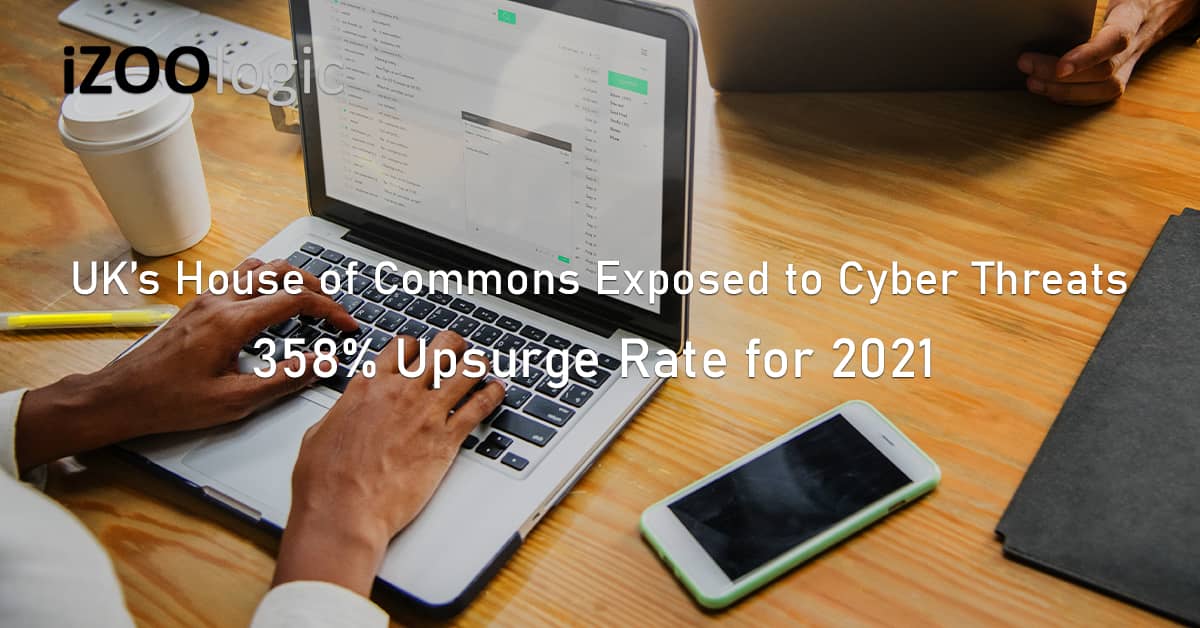Security researchers have found out a 358% upsurge in the rate of malicious email threats being sent towards the inbox of the UK’s House of Commons in 2020. The Freedom of Information (FoI) data were acquired from the lower house of the UK’s parliament that revealed an increase in cyber threats over the previous years.
In 2018, HoC blocked over 15.7 million malicious emails, a record that went double in 2019, with more than 30.3 million recorded malicious emails that were blocked. The records dropped to about 28 million in 2020, but still a record that the HoC commits to obstruct.
Records revealed that the HoC had received about 126.4 million malicious email threats from January to September 2021. The records could reach as high as 150 million by the end of this year.
Nonetheless, data are not revealed on whether some threats could have sneaked past the filters of HoC.
According to security analysts, the observed rise of cyber threats for 2021 may have been rooted in threat actors attempting to attack remote public servant employees through cloud infrastructure. Moreover, they added that a single mistake of clicking into the links or attachments enclosed in a malicious email could compromise an entire organisation and be exposed to a data breach or be held to a ransom.
A 2020 analysis shows how prone the public service sector is to cyber threats like ransomware attacks because of the highly sensitive data stored on the sector’s servers. Furthermore, there is also an inherent weakness to the public service sector’s security procedures.
An email security analyst blames phishing scams on the upsurge of email threats among organisations. Today’s remote work exposes a lot of employees to the cyber threats brought by the full reliance on email messaging to communicate with colleagues. Some can also find it hard to verify the legitimacy of an email sent to them.
Analysts advise organisations to educate their staff more about cybersecurity and cyber threats to be more resilient to attacks wherever they choose to work, especially with how sophisticated threat actors are becoming recently.


